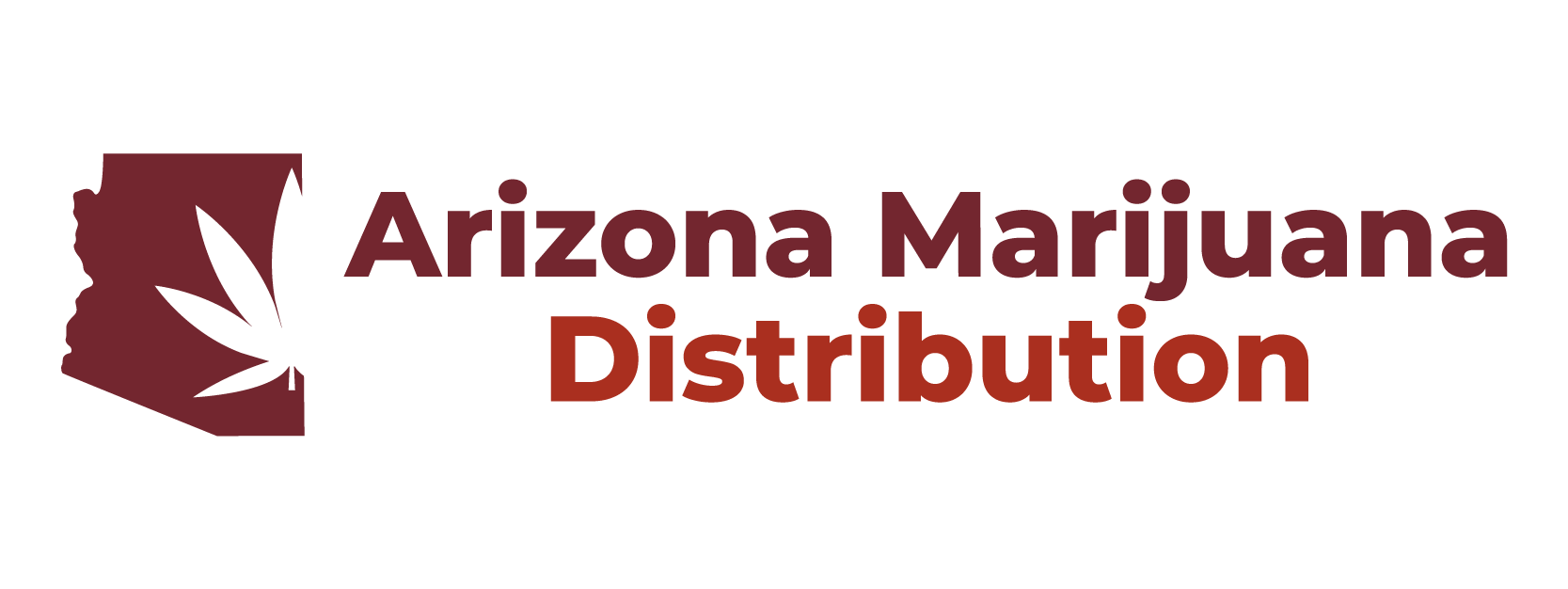In Arizona’s regulated cannabis market, product safety is non-negotiable. Distributors—tasked with moving cannabis from cultivators and manufacturers to dispensaries—must act quickly and decisively during contamination events or product recalls. Whether triggered by mold, heavy metals, or labeling errors, these incidents require rapid response protocols that safeguard public health and protect the integrity of the industry.
The Recall Protocol in Arizona
When the Arizona Department of Health Services (ADHS) flags a contaminated or mislabeled product, it can trigger a voluntary or mandatory recall. At that moment, licensed cannabis distributors are responsible for enacting a well-defined recall protocol that includes:
- Immediate quarantine of affected inventory
- Suspension of ongoing distribution
- Seed-to-sale traceability via Metrc
- Formal notice to retail partners and, in some cases, consumers
- Safe disposal of compromised product
Speed is crucial—distributors are typically expected to initiate response actions within 24 hours of a recall announcement to prevent further exposure to the public.
Real-Life Case: Mold Contamination in 2023
In mid-2023, a batch of cannabis flower distributed across multiple dispensaries in Phoenix and Tucson tested positive for unsafe levels of Aspergillus, a potentially harmful mold. The issue was first flagged by ADHS after post-sale consumer complaints. The distributor, based in Mesa, had already transported the product to nearly 30 locations statewide.
Leveraging Arizona’s Metrc tracking system, the distributor rapidly identified the shipment lot numbers and alerted all retail partners within hours. Retrieval teams were sent to recover unsold product, while a contracted third-party lab tested other nearby batches to verify safety. Within 48 hours, over 85% of the recalled inventory had been secured and removed from shelves.
Tracking, Transparency, and Accountability
Distributors in Arizona are required to maintain meticulous product logs—covering testing records, transfer manifests, and chain-of-custody documentation. In a recall event, this data forms the foundation for:
- Tracking where affected products were sent
- Proving compliance with regulatory procedures
- Issuing accurate and timely recall notices
- Completing detailed incident reports for ADHS review
These practices not only protect consumers but also help licensees avoid penalties and preserve operational trust.
Advancements in Prevention
Arizona distributors are increasingly adopting preventative technologies to avoid contamination issues in the first place. From temperature-controlled transport to RFID-tagged packaging and automated moisture level checks, the state’s top distribution companies are investing in systems that identify quality issues before they escalate into public risks.
Some are even integrating artificial intelligence into their quality assurance programs—using predictive analytics to flag inconsistencies in packaging weights, cannabinoid profiles, or lab results before they leave the warehouse.
Final Thoughts: Protecting Arizona Consumers
Product recalls are an inevitable part of any regulated industry—but how distributors respond in Arizona can make all the difference. Swift action, transparent communication, and strict adherence to public health protocols ensure consumer safety and industry credibility. In a market built on trust, Arizona cannabis distributors prove their value not only in moving product—but in keeping the public protected when it matters most.

